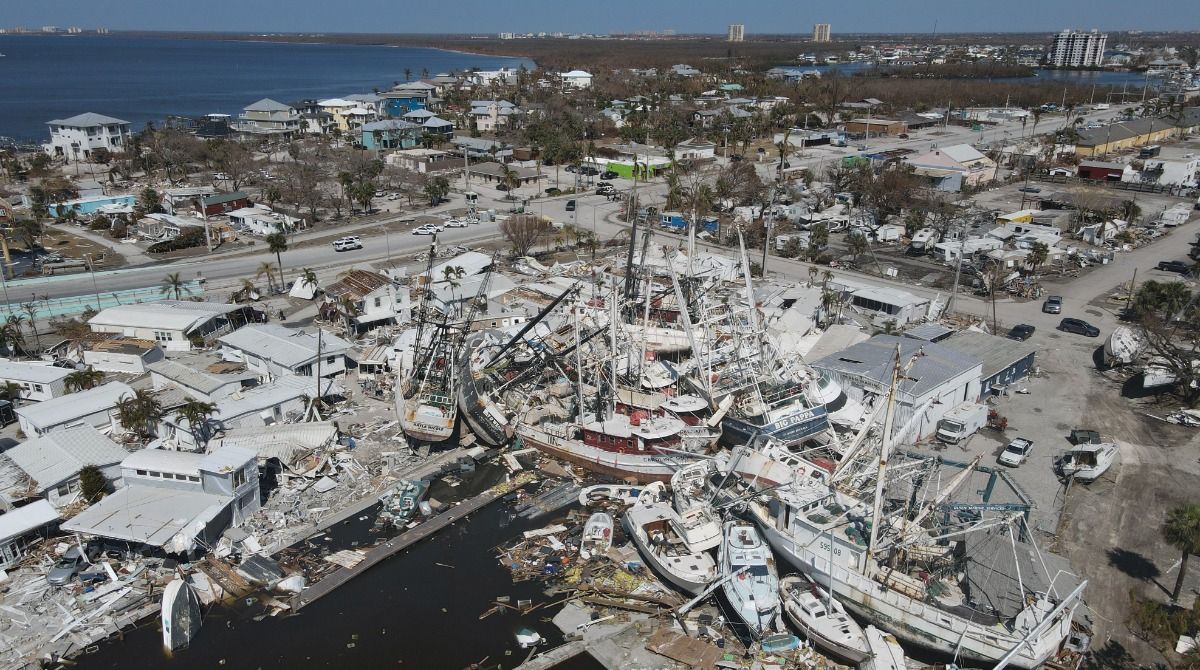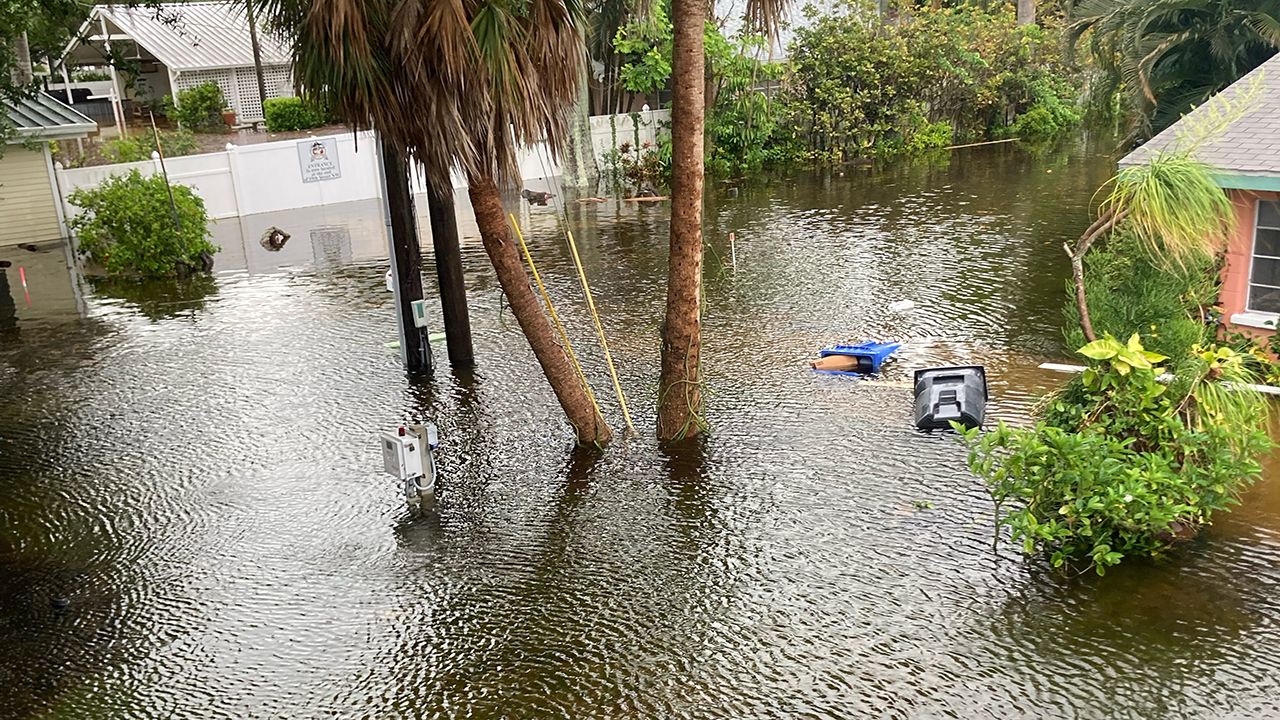We've passed the statistical peak of the hurricane season in the Atlantic, but the 2023 season was far from quiet- even with an emerging El Niño in the works.
Even though forecasters originally predicted a less active season compared to recent years, the 2023 Atlantic hurricane season has, so far, exceeded expectations.
Even though there are still nearly two months left, the season is already surpassing "normal" thresholds in terms of activity.
As of Oct. 2, the Atlantic basin saw 18 tropical systems (including the one that was unnamed back in January). Six of the named storms became hurricanes- three which intensified to major hurricanes.
Using Accumulated Cyclone Energy (ACE), a recent report released by the National Hurricane Center (NHC) claims that, "activity in the basin so far in 2023 has been about 33% above average compared to the long-term (1991-2020) mean."
Tropical activity in the basin increased sharply during the months of August and September, which isn't a surprise- we usually see an uptick during these two months. Yet, the rate it escalated was impressive.
The last time the Atlantic basin was completely barren of any active tropical cyclones or disturbance areas was back on Aug. 13.
Since then, the NHC flagged numerous disturbance areas, 13 which earned a name. Five became hurricanes, with three achieving major hurricane status (Category 3 strength or higher).
Between Aug. 20, and Sept. 28, the 2023 season reached a similar pace to the record-setting 2020 season. The 13 named storms that formed were the most ever recorded in that given time period, according to Dr. Philip Klotzbach, a meteorologist and hurricane specialist from Colorado State University (CSU).
To date, the 2023 surpassed the 2022 season in terms of named storms and total ACE.
However, it still trails behind the 2021 and record-breaking 2020 season in both metrics. Three years ago, we were already onto using the Greek alphabet as names.
For efficiency, you'll see that looking at the ACE values does a great job of summarizing the activity of that season, with the most-active seeing the highest numbers.
Yet, a season with a higher ACE value doesn't necessarily measure how impactful it was.
Even though the 2022 season holds a lower ACE than the previous 2020 and 2021 seasons, two landfalling hurricanes still brought significant impacts to both Florida's Gulf and Atlantic coast.

Chief Meteorologist Bryan Karrick from Spectrum News 13 in Orlando states that, "Although the 2023 Atlantic hurricane season has been quite busy, we have been lucky so far in central Florida to have escaped the wrath of a hurricane to this point. That wasn’t the case last year, with Ian and Nicole devastating parts of the peninsula late in the season."
Transitioning into El Niño was initially thought to limit activity in the Atlantic basin this season, but warmer-than-normal sea surface temperatures were enough to offset it. However, the remaining two months of the season should see a decline in activity.
Karrick feels at least one more named storm could form this season. Yet, he explains that, "Increasing shear in the Atlantic due to El Nino could help keep storms at bay, but remember, it only takes one to cause issues."
Although the odds will likely diminish in the coming weeks, there's still plenty of time left to see a few additional names get added to this year's list.
Our team of meteorologists dives deep into the science of weather and breaks down timely weather data and information. To view more weather and climate stories, check out our weather blogs section.
Shawnie Caslin - Digital Meteorologist
Shawnie joined Spectrum News as a Digital Meteorologist in 2021. After discovering her love for weather as a child, she earned a Bachelor's of Science in Meteorology from Rutgers University in 2015. Prior to joining Spectrum, Shawnie worked behind the scenes at local and national networks as a meteorologist and weather graphics producer in New York City. She thoroughly enjoys working in the media and is always passionate to explore the different ways weather impacts our everyday lives.








